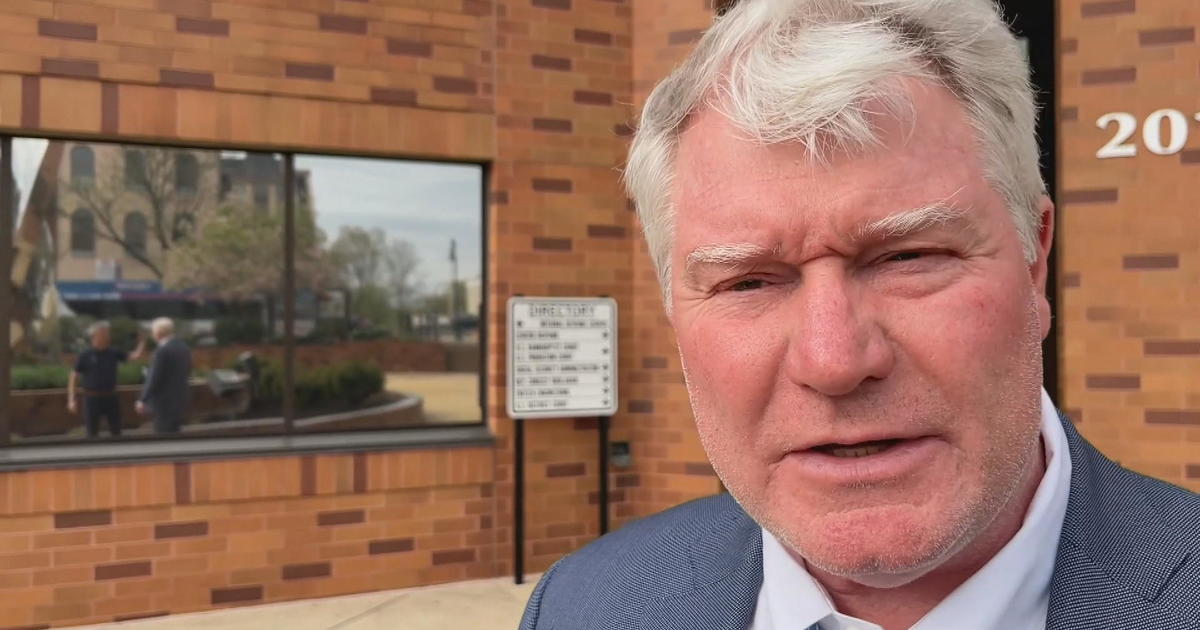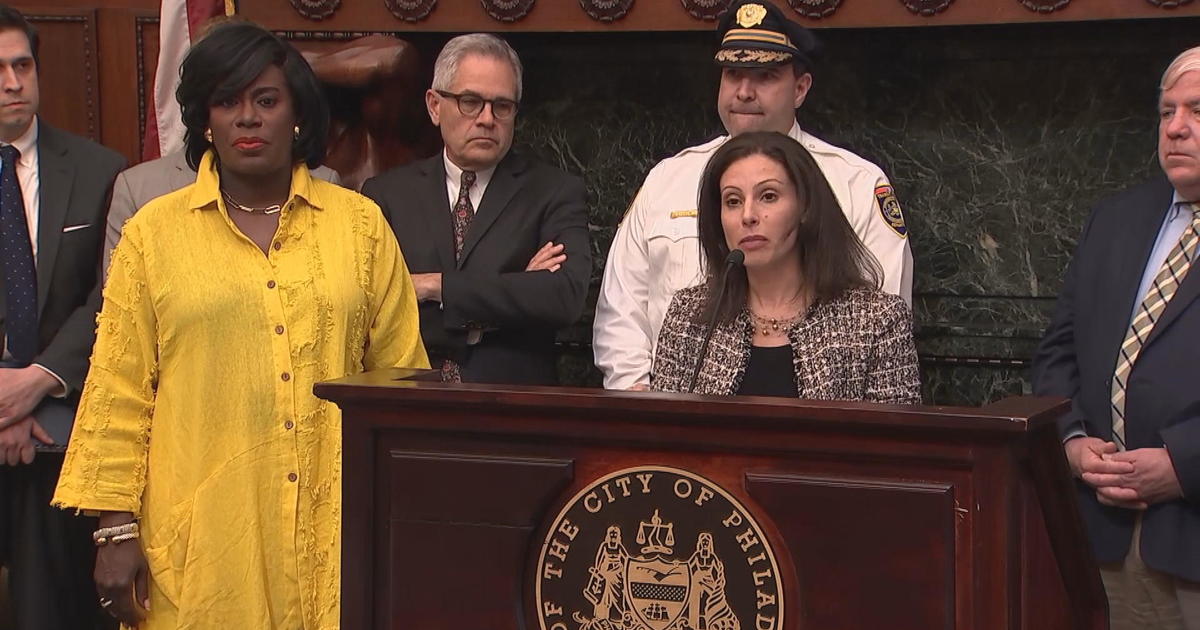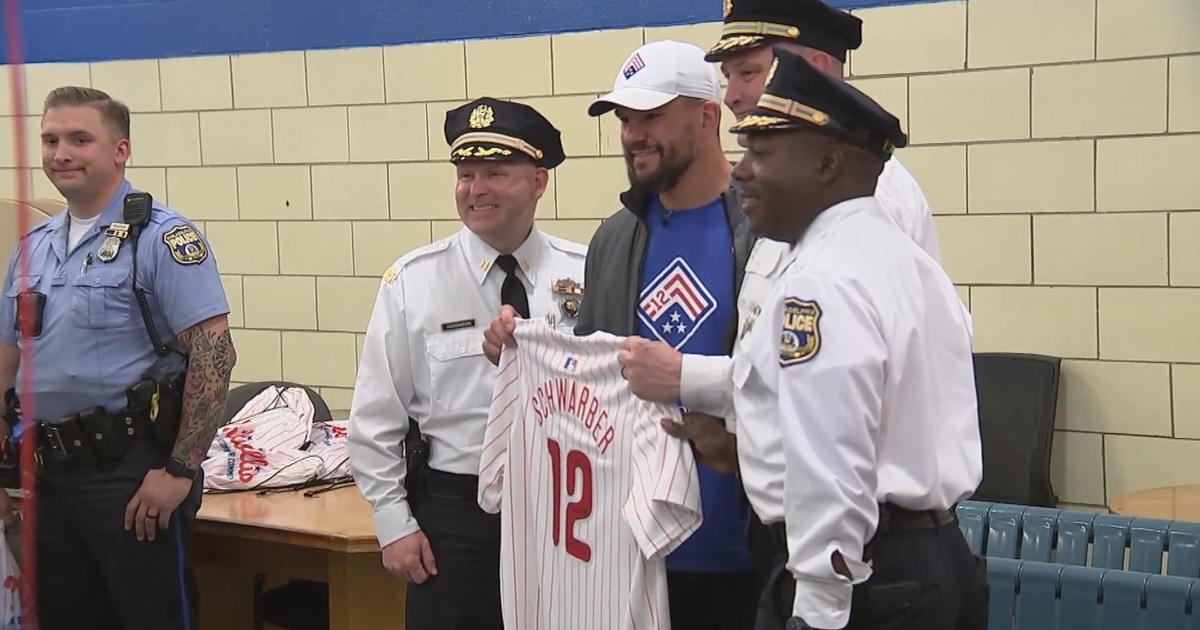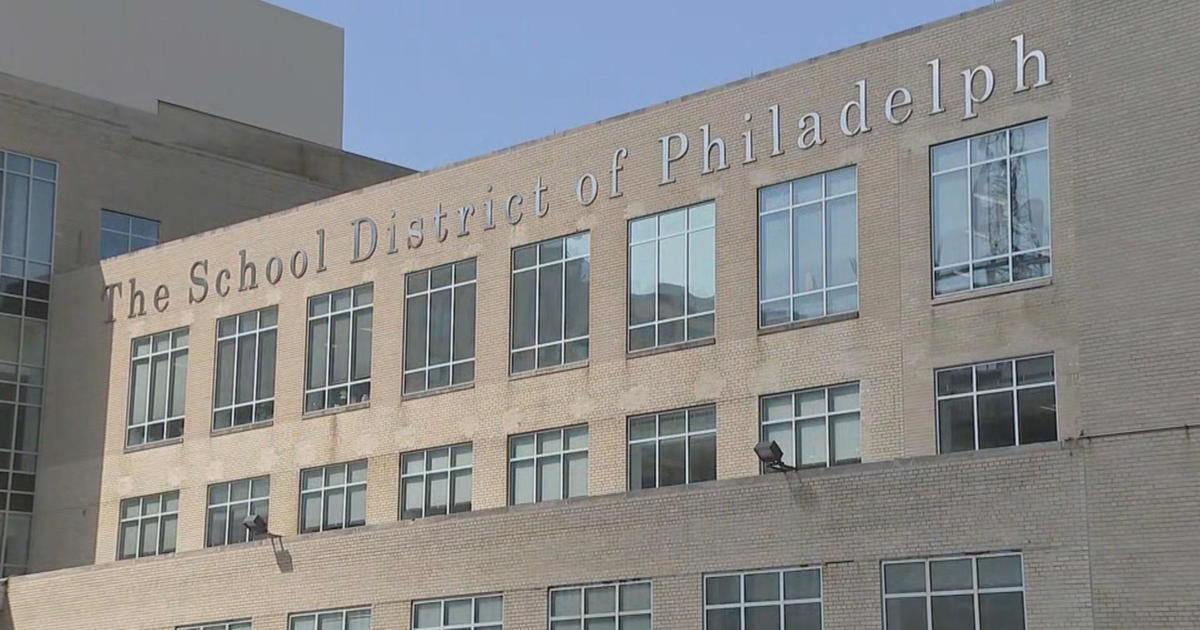White House Starts Moving Obama's Records To Chicago
By Kevin Liptak
WASHINGTON (CNN) -- When most office workers leave a job, clearing out their desk involves a cardboard box and maybe a paper shredder. When the office worker is the President of the United States, it means military cargo planes, police-escorted tractor trailers -- and getting nowhere near that shredder.
On Tuesday, the White House began the laborious process of transferring all of President Barack Obama's records -- his memos, his letters, his schedules, and, yes, his emails -- to the National Archives, which under federal law takes ownership of the documents when Obama leaves office.
At the downtown Washington Archives headquarters on Tuesday, uniformed US service members were busy loading palettes of cardboard boxes stuffed with Obama administration records onto orange forklifts. The boxes, which were carefully catalogued with green slips of paper and wrapped in clear plastic, were shuttled from a loading dock and into the back of a white Ryder moving van, which departed the building destined for a secure warehouse.
Like presidents before him, Obama is leaving office with the story of his presidency boxed and ready for the history books -- at least the parts that aren't declared top secret or otherwise unsuitable for public consumption.
George Washington had his diaries and letters hauled off in wagons to Mount Vernon, where he could consult them in the privacy of his own study. The National Archives got involved after Franklin D. Roosevelt's presidency, managing the deceased chief executive's papers at his library in Hyde Park, New York.
The Presidential Records Act in 1978 declared all presidential and vice presidential records property of the federal government, with "custody, control and preservation" of the records delegated to the National Archives when a commander-in-chief leaves office.
That means hundreds of millions of records must be transferred from the White House to the Archives before Obama finishes his term. The physical material will go from Washington into temporary storage at a secure warehouse in the greater Chicago area, before eventually being moved into Obama's presidential library, due to be erected on the city's South Side.
In past administrations, that handover involved secure 18-wheeler trucks -- pulled directly to the White House South Portico -- to load up boxes upon boxes of carefully filed material.
Ronald Reagan's administration established a computer cataloguing system that allowed officials to quickly access any records they needed while the president remained in office.
Because the Reagan library was situated across the country in Simi Valley, California, military cargo planes were employed, packed full of records and emptied at air bases in Southern California. Trucks escorted by police deposited the records at the storage site.
Also included in the handoff: the tens of thousands of gifts Obama has received over his eight years in office, which, like the documents and records, officially remain in the "complete ownership, possession and control" of the government.
For Obama, that includes millions of dollars in jewels from the Saudi royal family, a surfboard from the prime minister of Australia, and several ceremonial weapons from various world leaders.
Officially, Obama isn't allowed to receive gifts unless they're small and inexpensive. But diplomatic protocol disallows him from turning down, say, a floor-length cape from a Saudi prince.
Unless Obama is willing to cough up the $40,000 pricetag for that cape, it remains US government property, packed up along with his other records and sent to the National Archives.
Some gifts remain at the White House -- like the Resolute Desk in the Oval Office, which was a gift from Queen Victoria. The vast majority (including, probably, that cape) are packed away and kept with museum-like care by the Archives staff.
Every administration finds itself confronting a new type of record that must be catalogued and kept for posterity. Reagan's White House was the first to use email. Bill Clinton's administration developed a website whose 1990s-era simplicity can still be enjoyed today.
What happens to the tweets?
For Obama, the advent of social media -- by its nature, an ephemeral take on a certain moment in time -- means new ways of preserving records.
On Monday the White House's deputy chief digital office wrote that all of the administration's social media posts -- "From tweets to snaps" -- would be maintained for posterity.
"All of the material we've published online will be preserved with (the National Archives) just as previous administrations have done with records ranging from handwritten notes to faxes to emails," the official, Kori Schulman, wrote in a post on the White House website.
She also said President Obama's twitter handle, @POTUS, would automatically transfer to his successor, but that his own previous tweets would live at the handle @POTUS44. Similar archived accounts will be set up on Instagram and Facebook, and the White House said it would make all of their social media content available in a downloadable file.
The-CNN-Wire ™ & © 2016 Cable News Network, Inc., a Time Warner Company. All rights reserved.



